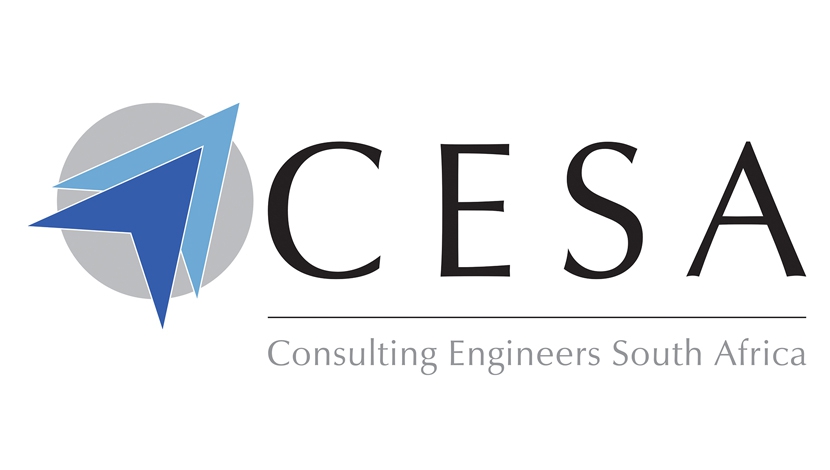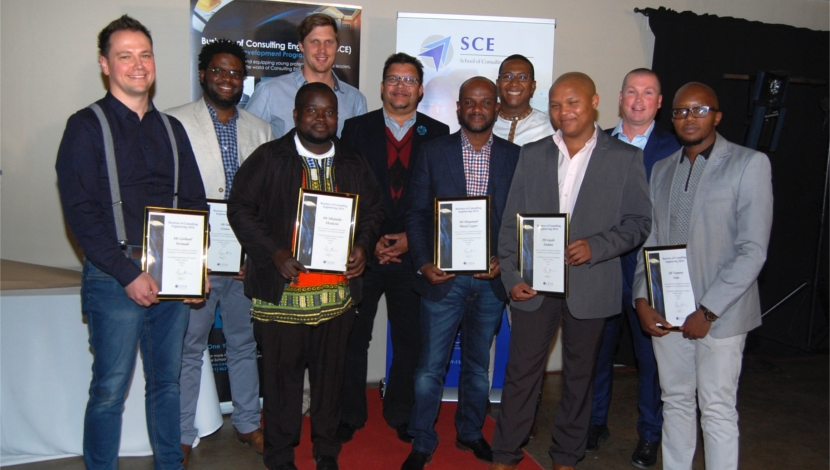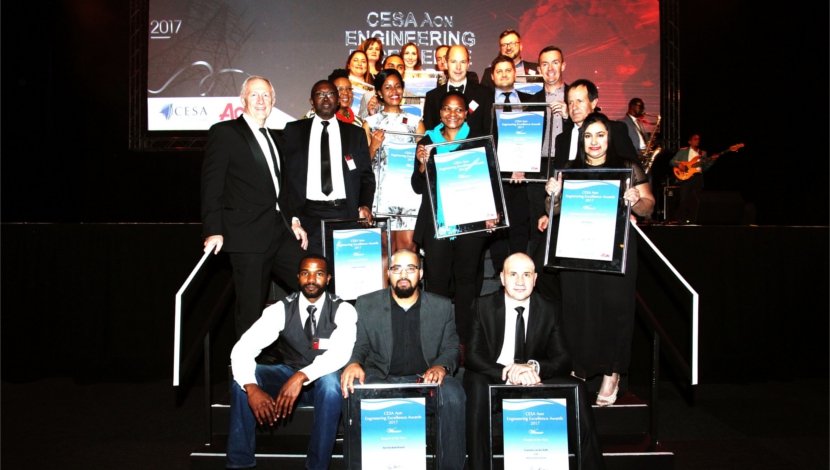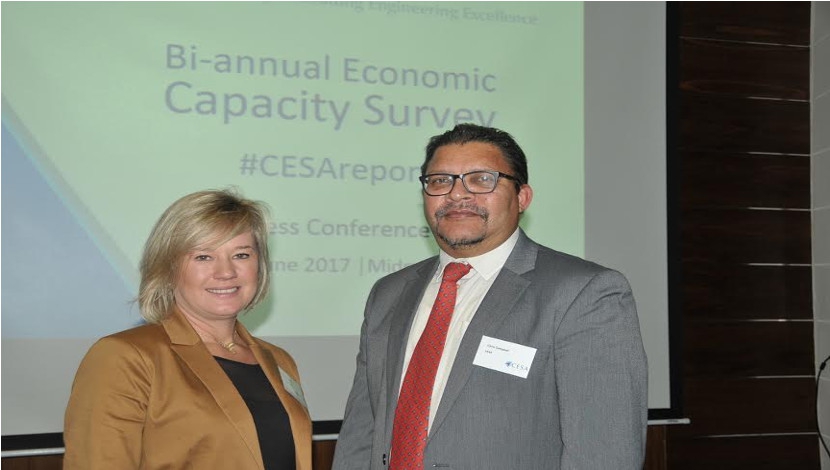

Consulting engineering firms have been encouraged to form intra and inter-regional partner-ships to work on infrastructureprojects across the African continent.
Kofi Asare-Yeboah, chairperson of the Group of African Member Associations (Gama) of the International Federation of Consulting Engineers (Fidic), said working together would overcome difficulties and complications around identifying, funding and implementing projects.
He said no single country in Africa had the right number or strength of indigenous consulting firms to undertake the multiplicity of infrastructure development projects on the continent.
Asare-Yeboah said that infrastructure development projects, which increasingly involve multi disciplinary approaches to their solutions, relied heavily on the consulting engineering industry.
“If the continent is to make significant strides on its development agenda, it is necessary for Africa’s indigenous consultingengineering firms to rise to the challenge.”
Hubert Danso of Africa Investor said Africa was one of the only continents to have more international than domestic-led projects. Giving access to the private sector to apply for the funds could also be game-changing. Danso said the private sector generally did not lobby institutions, as it left it up to the government to do.
Christie Viljoen of KPMG suggested that there should be a database of projects listing African successes for potential clients to consider.
Strengthening partnerships with related professionals, such as architects and lawyers, was also essential, Fidic VP Moncef Ziani told delegates.
Consulting Engineers South Africa (CESA) president Lynne Pretorius said: “We meet at a time when the environment is extremely challenging. South Africa has its own economic challenges, along with various social and political dynamics. These are all mirrored in the rest of Africa, as well as in the rest of the world.”
Pretorius told Engineering News Online that companies had to take heed of standards on transparency.
She said she was pleased that the National Treasury had set standards for infrastructureprojects, which would allow for more transparency and control. The procurement of professional services had also been separated from general goods and services. This would ensure more checks and balances and help root out corruption.
Despite the shortage of engineering skills in Africa, Pretorius said she was very encouraged by the new waves of young engineers, who had great energy and a positive attitude.





